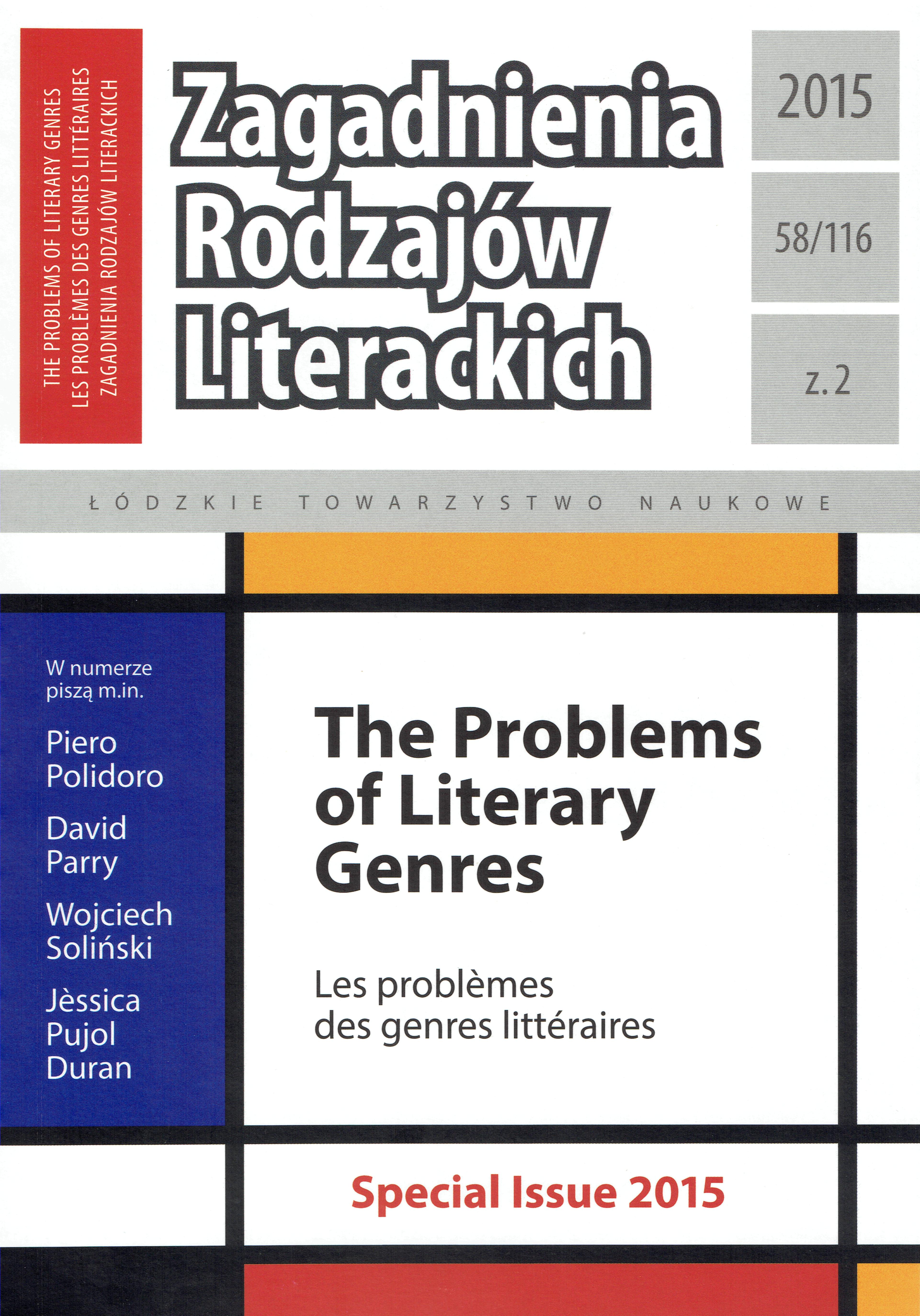Cognitive and semantic universals in translations of Psalm 139
Cognitive and semantic universals in translations of Psalm 139
Author(s): Jarosław PłuciennikSubject(s): Language and Literature Studies, Translation Studies
Published by: Łódzkie Towarzystwo Naukowe
Keywords: psalms; body in language; body anchor; the sublime; appearance markers; personal liberty; semantic universals
Summary/Abstract: Umberto Eco clearly states the concept of semantic universals in a short essay. He presents a kind of ethics that starts with cognitive semantic universals rooted in our body. These universal concepts, according to Eco are such because they are independent of any particular culture. Such concepts as for instance “top and bottom”, “left and right”, or “a sense of personal liberty” are rooted in the basic fact that we are bodies. The “sense of personal liberty” is especially important here. This claim is similar to cognitive semantics, especially as presented by Mark Johnson. This article presents an application of those claims to the analysis of Polish translations of Psalm 139. My main claim is that the ancient Hebrew concept of a person is not at odds with such secular semantic approaches as provided by Eco and Johnson. Psalm 139 might be a perfect representation of the cultural polarization of the concept in the process of linguistic and cultural translation and transition. Besides it is this polarization of the concept of this sense of personal liberty which is the focus of this article. My main focus is on Polish translations with circumstantial references to English and Swedish translations. In this article I focus my study of the two minor parts of Psalm 139: one referring to psalmist running from God to heavens, and second, about hating the evil.
Journal: Zagadnienia Rodzajów Literackich
- Issue Year: 58/2015
- Issue No: 2
- Page Range: 29-49
- Page Count: 21
- Language: English

